Kenzo Takada: remembering a master of colour
A fresh look at the joyful and immersive biography of the Japanese designer following his death at the age of 81
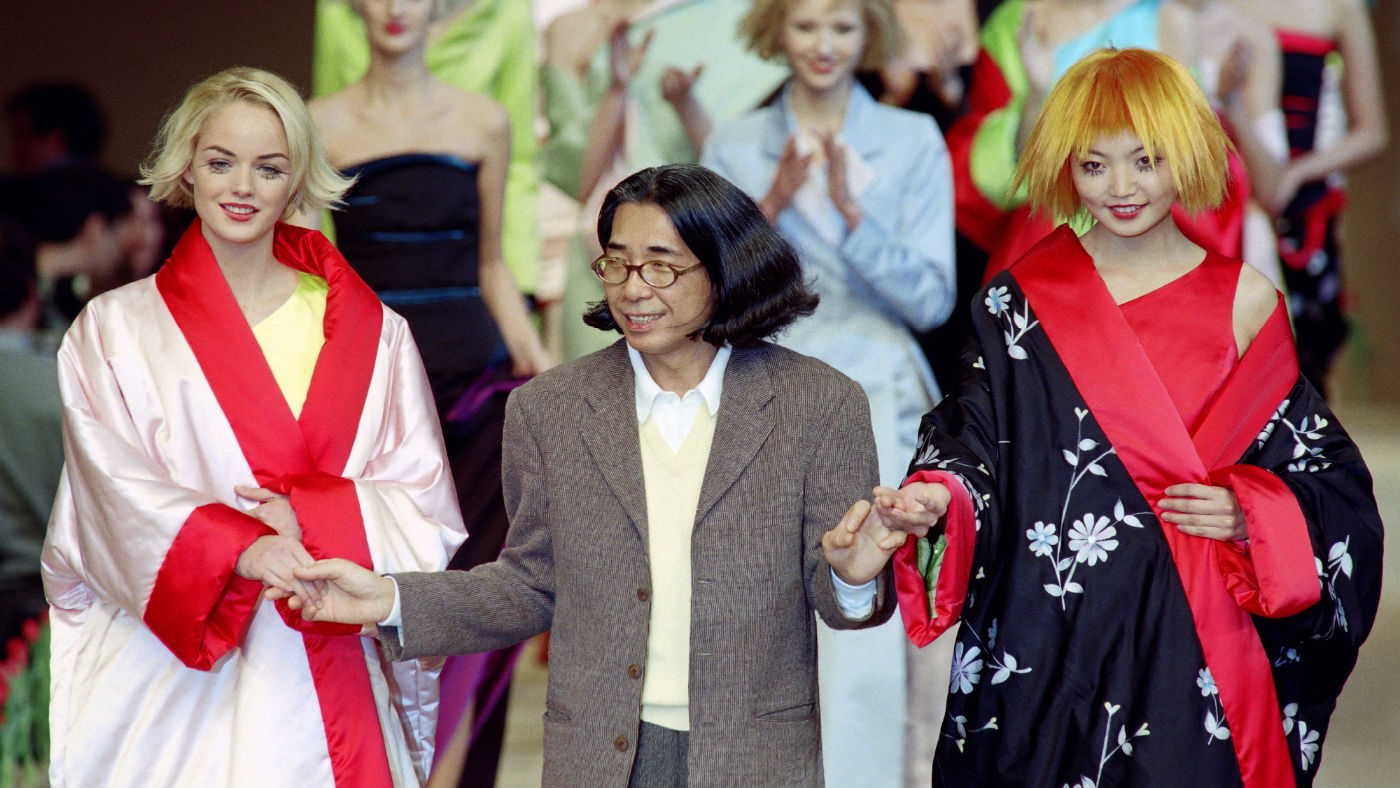
A free daily email with the biggest news stories of the day – and the best features from TheWeek.com
You are now subscribed
Your newsletter sign-up was successful
Legendary Japanese designer Kenzo Takada died in a Paris hospital on Sunday at the age of 81 after contracting Covid-19. Here, we look back at his colourful biography, which was reviewed in The Week: Fashion last year and includes quotes from the designer himself.
Kenzo Takada’s biography is a different kind of coffee-table book; one which defies the precept that such publications possess more decorative significance than emotional merit. Don’t be deceived, then, by its pretty pink rose-emblazoned cover: this picture-led tome – complete with epistolary prose and photographic footnotes, as well as an astonishing 300 sketches – is a joyful and immersive journey into the life and career of this iconic Japanese designer, who exploded onto the Parisian fashion scene in 1970 with his unique blend of loose, vibrant designs inspired by his native country.
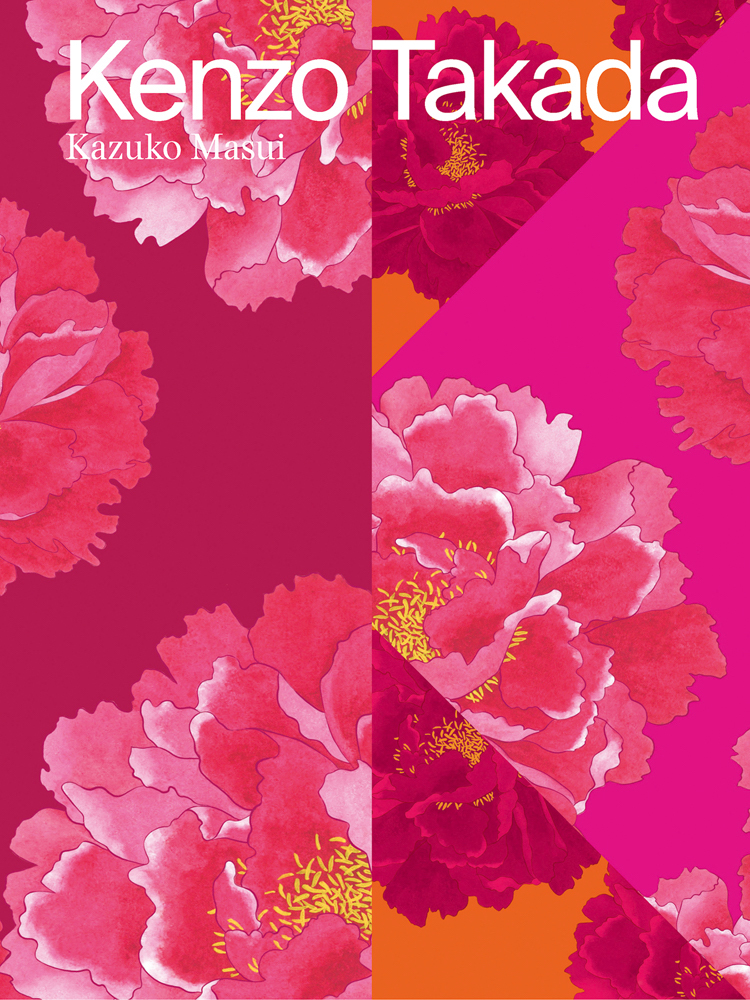
From the onset, Kenzo – as he is customarily known – wowed the world with his floral fireworks, kimono-inspired cuts and bright patchwork designs made from traditional Japanese cotton. In the early 1970s, his revolutionary creations were celebrated as the signifiers of a new age of ethnic inclusiveness, as air travel became increasingly democratised, and France’s cultural scene – informed by a generation of young freethinkers following the student revolts in May 1968 – gravitated towards art that celebrated global interconnectedness and optimism.
The Week
Escape your echo chamber. Get the facts behind the news, plus analysis from multiple perspectives.

Sign up for The Week's Free Newsletters
From our morning news briefing to a weekly Good News Newsletter, get the best of The Week delivered directly to your inbox.
From our morning news briefing to a weekly Good News Newsletter, get the best of The Week delivered directly to your inbox.
Kenzo, whose label was initially named Jungle Jap (this was intended as a playful tribute both to his country and to his favourite avant-gardist, Henri Rousseau, but was changed in 1976 when the abbreviation was deemed derogatory) was consistently informed by his travels and the traditions of other cultures as well as his own. Until he exited the label in 1999 (he sold the business to the LVMH group in 1993), Kenzo melded Japanese craftsmanship and patterns with the colourful narrative of internationalism.
His collections pulled from a worldly pool of influences, from the folklore of Eastern Europe and layered dress codes of the Middle East to the colourful fabrics of Sudan and Ethiopia. He added turbans, Scandinavian sweaters, Mexican rebozos, Indian Nehru jackets, fun pharaonic pleats, always with a heavy emphasis on colour, creating his own contemporary and unorthodox form of ceremonial dress that had deep roots but no boundaries.
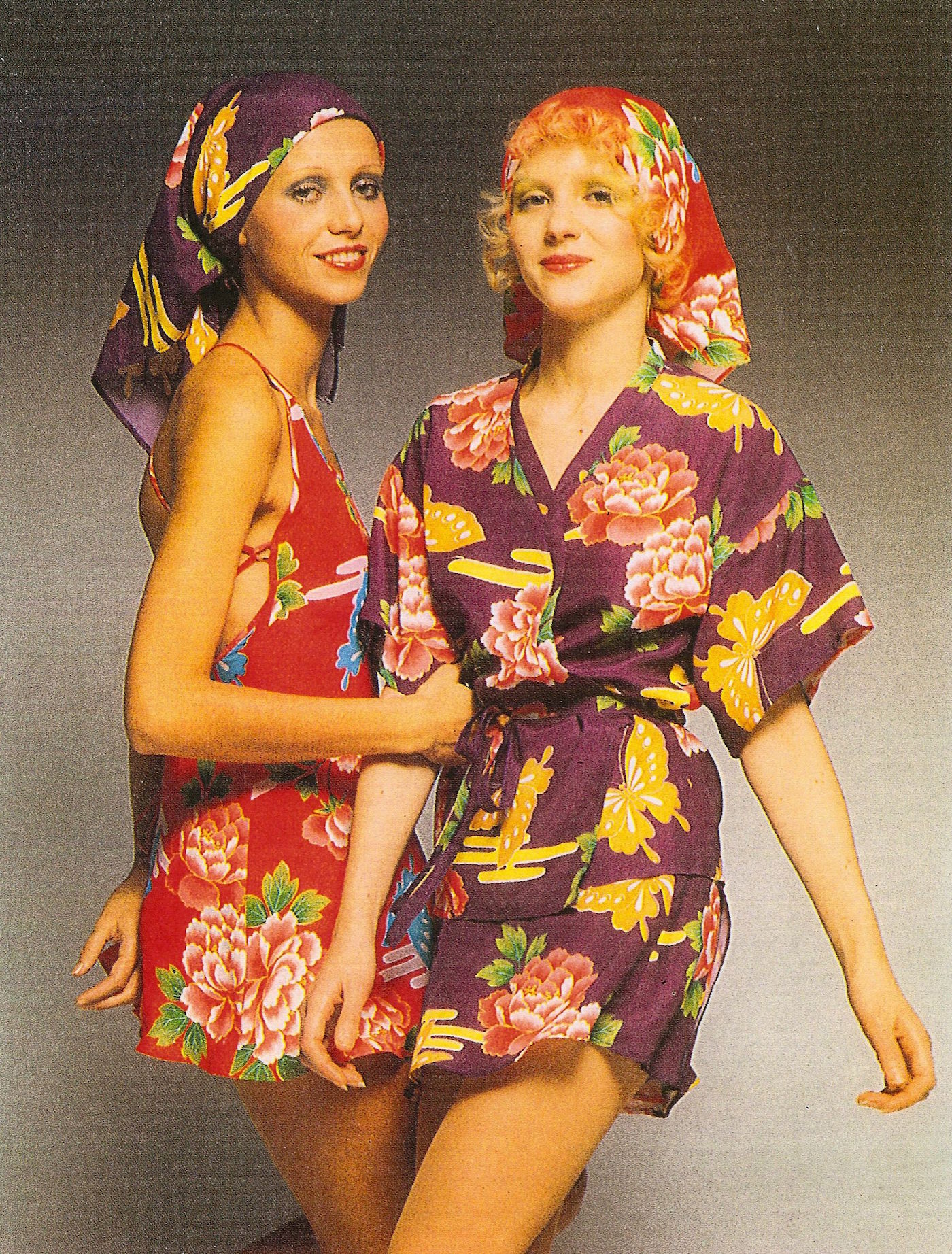
Speaking to The Week: Fashion about these early years, Kenzo explained: “When I started, I had no money; I had to buy fabrics at the Marché Saint Pierre [in Paris] because they were the cheapest, and I also used a collection of Japanese fabrics I had. My team and I sewed them together – we were doing each and every piece with our own hands. It was an incredible experience! My creations made the cover of Elle magazine, which meant the publicity and success of the brand rocketed in the fashion industry. This was when I had to climb the first hurdle of dealing with supply-and-demand issues. Following the boom of success, we grew very quickly, and within two or three years the brand was recognised on an almost global scale.”
The label is today helmed by Felipe Oliveira Baptista, who took over from New York-based design duo Carol Lim and Humberto Leon in July 2019. But although two decades have passed since Kenzo took his last runway bow, the brand has never strayed far from the spirit of its founding father, riffing off the exotic motifs, floral blooms and distilled poetry of Kenzo’s geographically informed collections.
A free daily email with the biggest news stories of the day – and the best features from TheWeek.com
“Fashion still has the power to unite, to bring people together, especially nowadays with globalisation and the rise of social media,” explained the designer. “I believe that the fashion industry is evolving at its own pace with a genuine awareness of its influence on society. It’s refreshing to see that brands are shifting to become more environmentally and socially responsible. But it’s also impressive to see that now it is available to a certain extent all over the world, which wasn’t the case when I began.”
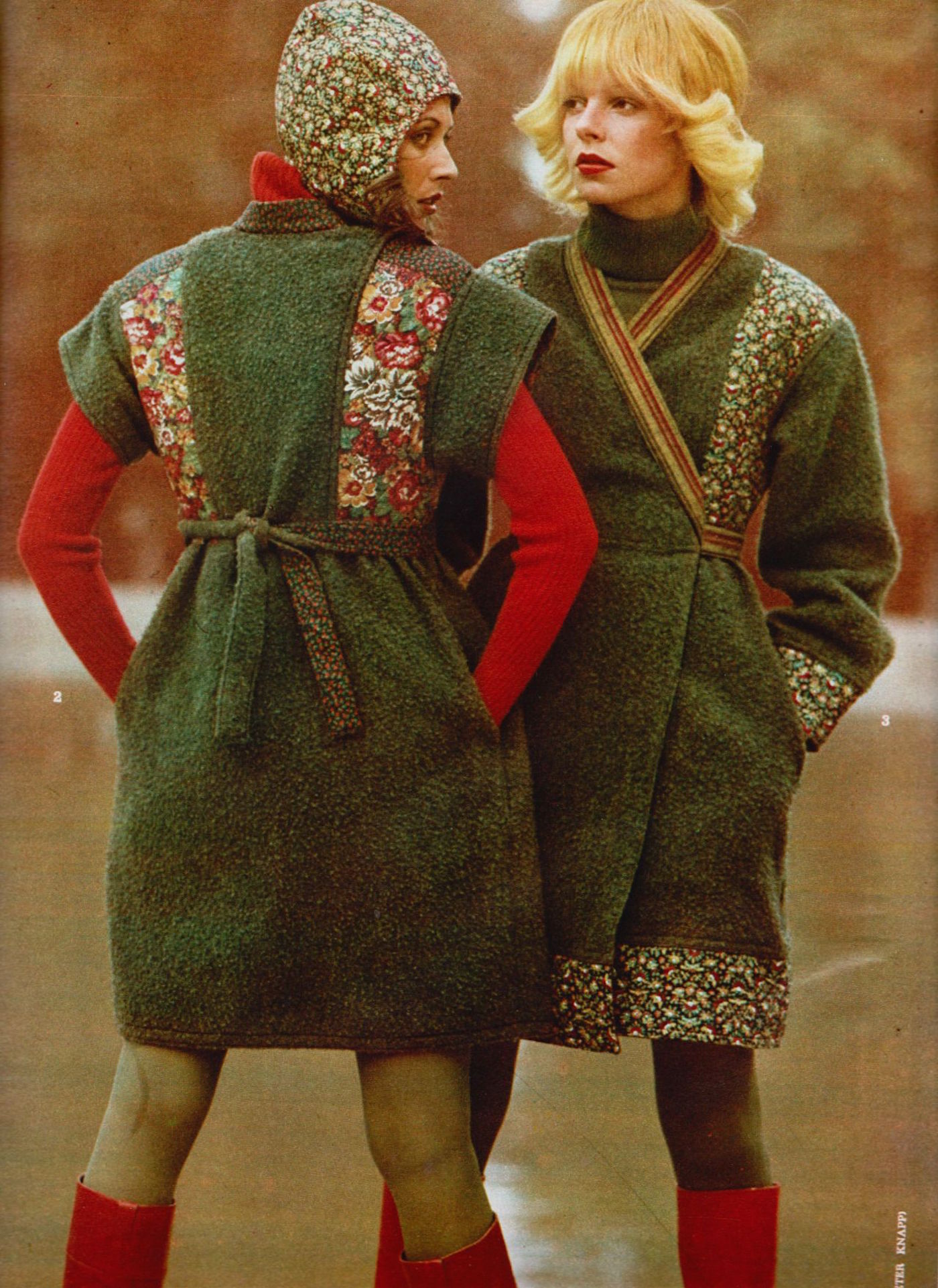
Kenzo was also one of the first designers to exploit the stage-like possibilities of the catwalk, overturning the idea of the classic French défilé with its cavalcade of straight-faced models and instead presenting the event as a full-blown party performance. “When I started, I didn’t know what to say to the models, so I just told them to be who they were,” he recalled. “So they started to dance on the catwalks.”
In 1977, Kenzo staged a show at New York’s legendary Studio 54 nightclub and invited his friend Grace Jones to sing; in 1979, his ambitious Zurich show was held in a circus tent and culminated with the designer atop an elephant. A lengthy passage of the book, complete with archival photographs, is dedicated to his final show in 1999, an extravaganza that also marked his 30th year in the business. This colossal event, attended by 3,000 people, featured dancers from the Opéra de Paris, African musicians, men on horseback, and ever-changing light projections that turned a central stage into an ethnic mosaic of landscapes to match the cross-cultural references of the retrospective collection.
“I would say that my fondest fashion-show memory would be the last one,” he said. “It was amazing and fabulous. The night entailed a remarkable show at the Zenith in Paris, and friends walked the catwalk, which retraced the years at Kenzo. I invited everybody who was involved either directly or indirectly with the brand, from the first people working in the shops to top celebrities.”
The show will long be remembered as one of the best send-offs in the history of fashion, and while we have lost this great designer, his legacy as one of the industry’s great firebrands lives on.
Kenzo Takada by Kazuko Masui and Chihiro Masui is published by ACC Art Books; accartbooks.com
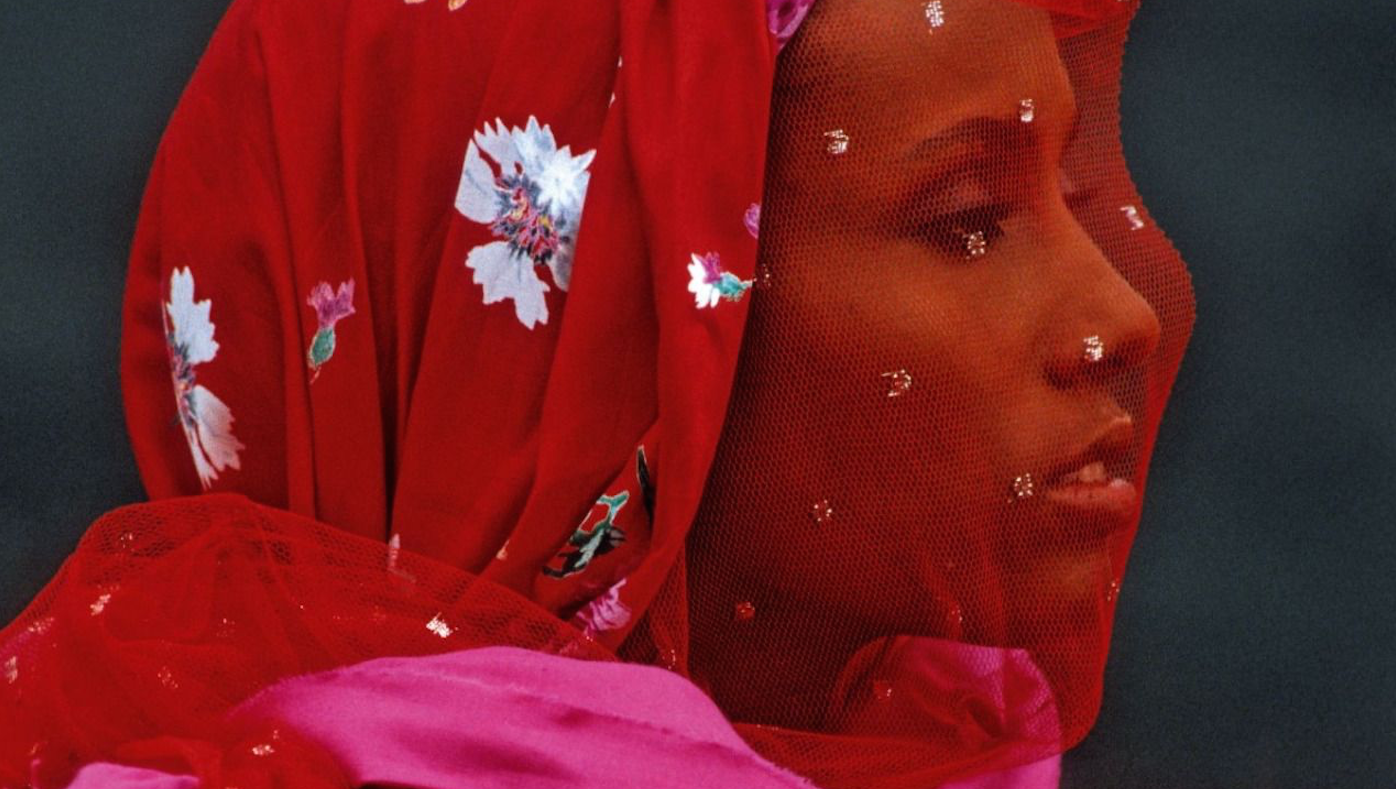
Alexandra Zagalsky is a London-based journalist specialising in luxury, art and travel. She began her career working on a cultural guide for English-speaking expats in Paris, where her first major break was an interview with Lionel Poilâne, the late baker of Saint-Germain-des-Prés famed for his signature sourdough loaves. Returning to London in her early 20s, she went on to write for not only The Week but also The Art Newspaper’s Art of Luxury supplement, The Telegraph and The Times, as well as art and design platforms including 1stDibs’ Introspective Magazine and the magazines of the V&A, Sotheby’s and Christie’s. She studied fine art and art history at Goldsmiths, University of London and continues to explore travel journalism through the lens of art, craftsmanship and culture.
-
 The ‘ravenous’ demand for Cornish minerals
The ‘ravenous’ demand for Cornish mineralsUnder the Radar Growing need for critical minerals to power tech has intensified ‘appetite’ for lithium, which could be a ‘huge boon’ for local economy
-
 Why are election experts taking Trump’s midterm threats seriously?
Why are election experts taking Trump’s midterm threats seriously?IN THE SPOTLIGHT As the president muses about polling place deployments and a centralized electoral system aimed at one-party control, lawmakers are taking this administration at its word
-
 ‘Restaurateurs have become millionaires’
‘Restaurateurs have become millionaires’Instant Opinion Opinion, comment and editorials of the day
-
 Friendship: 'bromance' comedy starring Paul Rudd and Tim Robinson
Friendship: 'bromance' comedy starring Paul Rudd and Tim RobinsonThe Week Recommends 'Lampooning and embracing' middle-aged male loneliness, this film is 'enjoyable and funny'
-
 The Count of Monte Cristo review: 'indecently spectacular' adaptation
The Count of Monte Cristo review: 'indecently spectacular' adaptationThe Week Recommends Dumas's classic 19th-century novel is once again given new life in this 'fast-moving' film
-
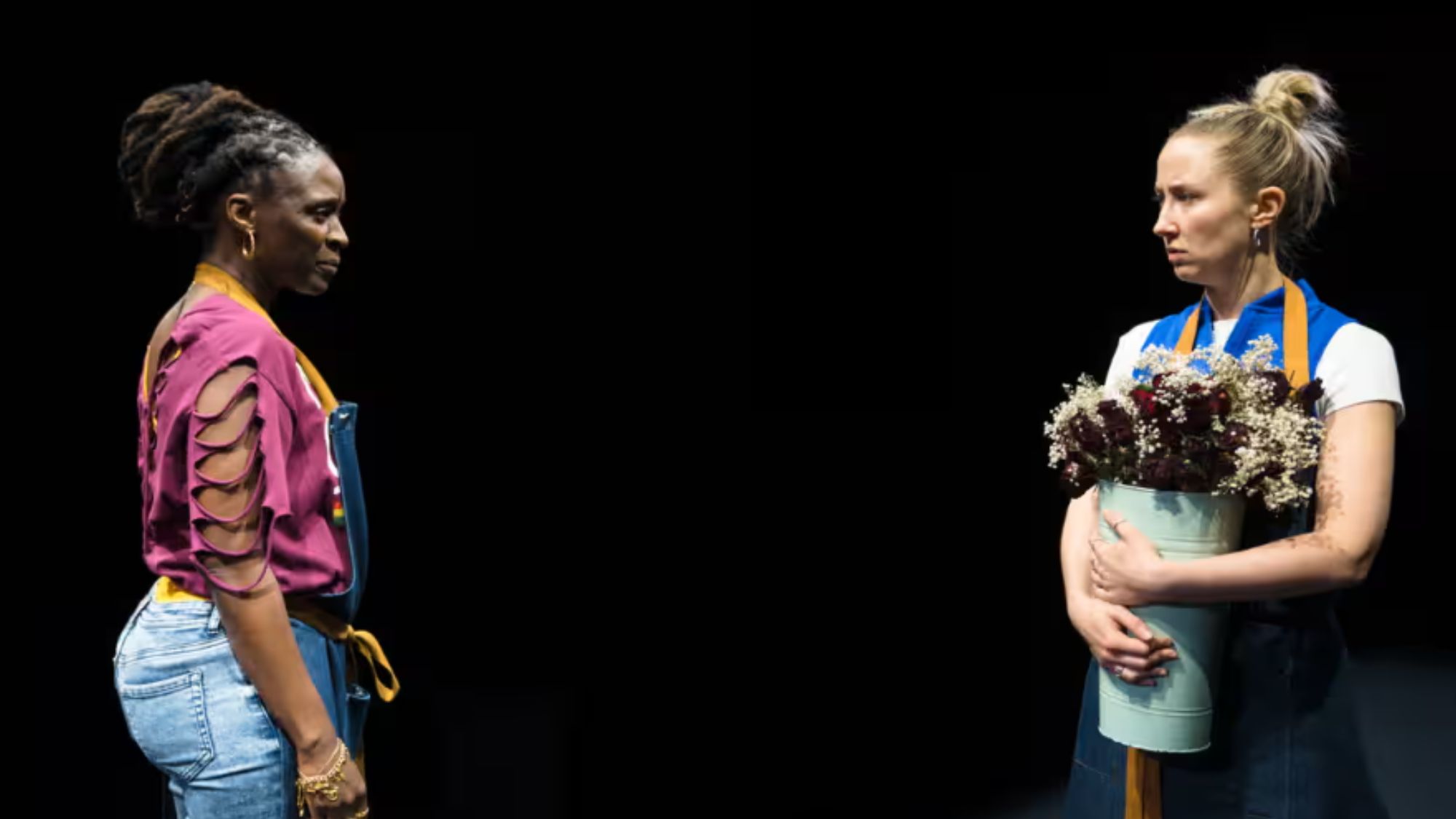 Death of England: Closing Time review – 'bold, brash reflection on racism'
Death of England: Closing Time review – 'bold, brash reflection on racism'The Week Recommends The final part of this trilogy deftly explores rising political tensions across the country
-
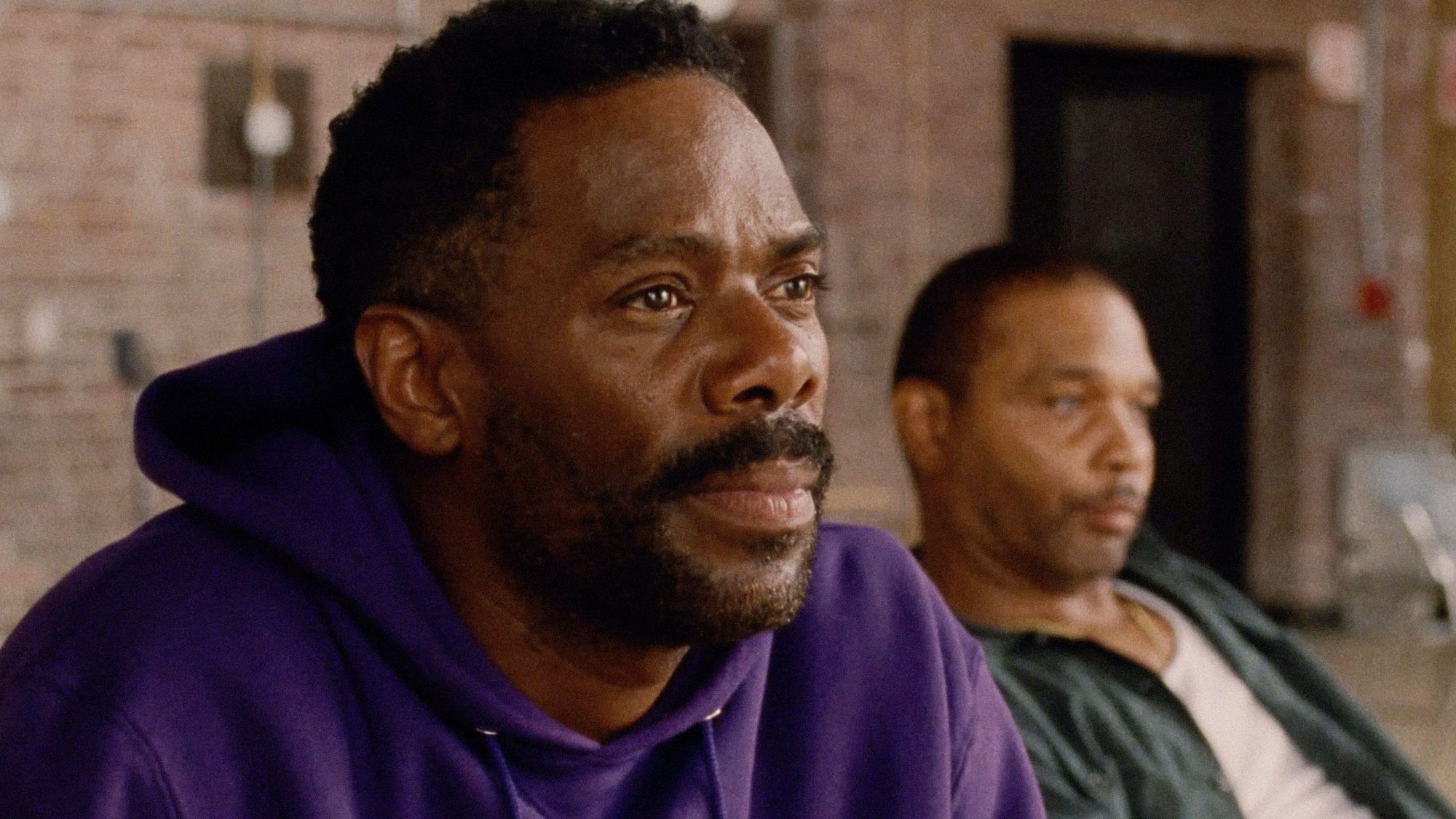 Sing Sing review: prison drama bursts with 'charm, energy and optimism'
Sing Sing review: prison drama bursts with 'charm, energy and optimism'The Week Recommends Colman Domingo plays a real-life prisoner in a performance likely to be an Oscars shoo-in
-
 Kaos review: comic retelling of Greek mythology starring Jeff Goldblum
Kaos review: comic retelling of Greek mythology starring Jeff GoldblumThe Week Recommends The new series captures audiences as it 'never takes itself too seriously'
-
 Blink Twice review: a 'stylish and savage' black comedy thriller
Blink Twice review: a 'stylish and savage' black comedy thrillerThe Week Recommends Channing Tatum and Naomi Ackie stun in this film on the hedonistic rich directed by Zoë Kravitz
-
 Shifters review: 'beautiful' new romantic comedy offers 'bittersweet tenderness'
Shifters review: 'beautiful' new romantic comedy offers 'bittersweet tenderness'The Week Recommends The 'inventive, emotionally astute writing' leaves audiences gripped throughout
-
 How to do F1: British Grand Prix 2025
How to do F1: British Grand Prix 2025The Week Recommends One of the biggest events of the motorsports calendar is back and better than ever